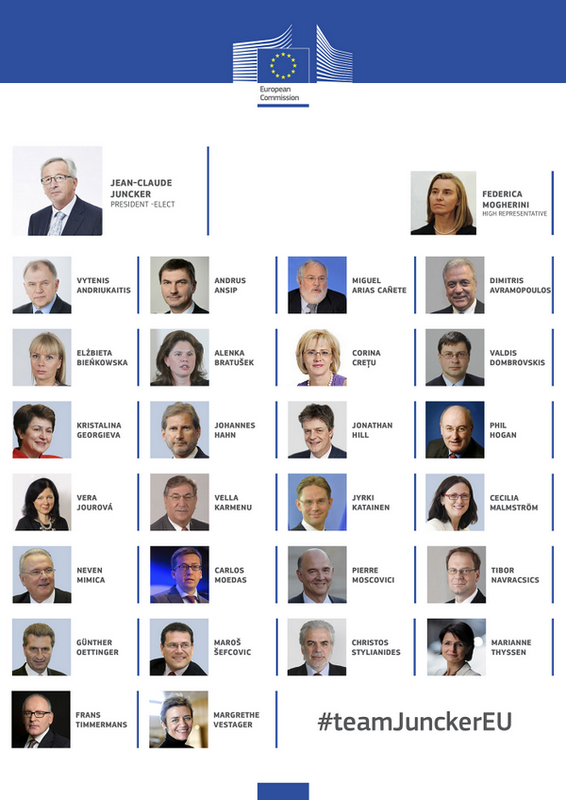
Expectations related to plans about common energy policy run high: the people would like to have a secure and steady supply of gas despite the tensions with Russia, while additional hopes of the economy lie in a unified market replacing the current markets still controlled by separate national interests. That is why Bratušek's task won't be an easy one, since the energy union is still far from being implemented.
Energy policy in the EU is already unified in terms of climate goals, energy efficiency and the option for consumers to change their supplier, but the latest plans for the energy union are aimed at greater independence from Russian gas. Besides searching for new sources, EU member countries plan to have a unified approach to gas purchases and thus be able to negotiate for lower prices.
Robert Golob, CEO of the Slovenian energy company Gen-i, stresses that common energy policy is not important in international terms only: "Energy policy within the EU is equally important: we need to built a unified energy infrastructure – this will be important in the case of gas terminals in our vicinity – and unify rules on the internal market to lower costs for the households."
In terms of business, this would be very welcome, since national markets have their own sets of rules and in some cases openly double-cross the competition, adds Golob. "We know that when we gain a certain influence on the countries that don't follow the rules, we'll be able to operate on certain markets much more easily."
Despite ambitious plans the countries won't let energy sector become an exclusive competence of the EU, argues defence expert Klemen Grošelj: "The countries will still seek their own political solutions related to energy sector that would fit their needs, since energy is not part of market-controlled goods. Instead, it's related to political factors."
Outside of political sphere, the responses have predominantly welcomed the acquisition of this sector as positive for Slovenia; Grošelj agrees but warns that failure will be massive if European countries don't manage to adopt a unified stance.
Erna Strniša, Radio Slovenija;
translated by K. Z.

































































